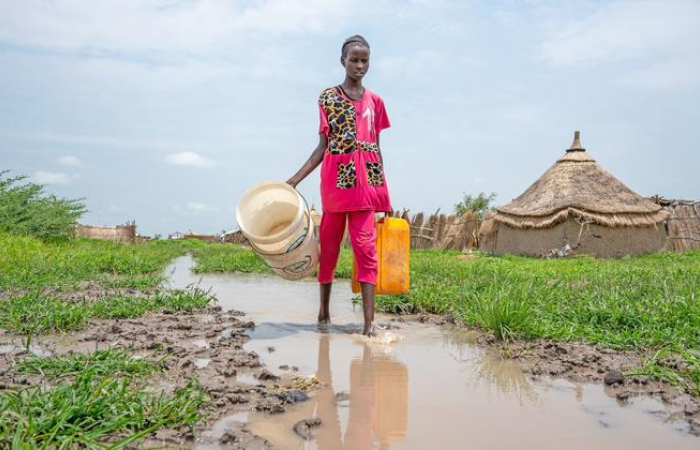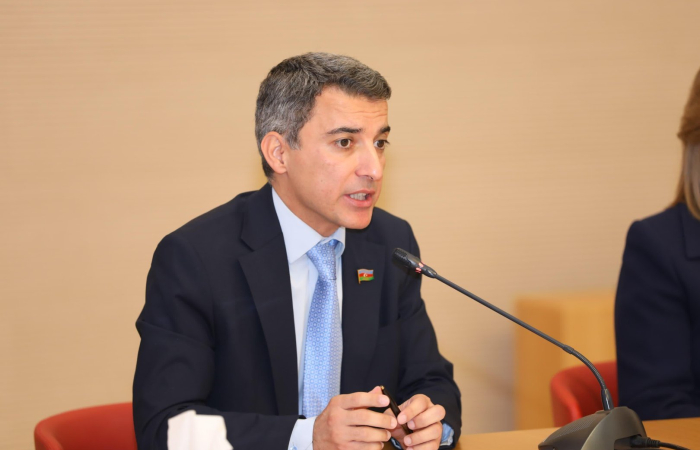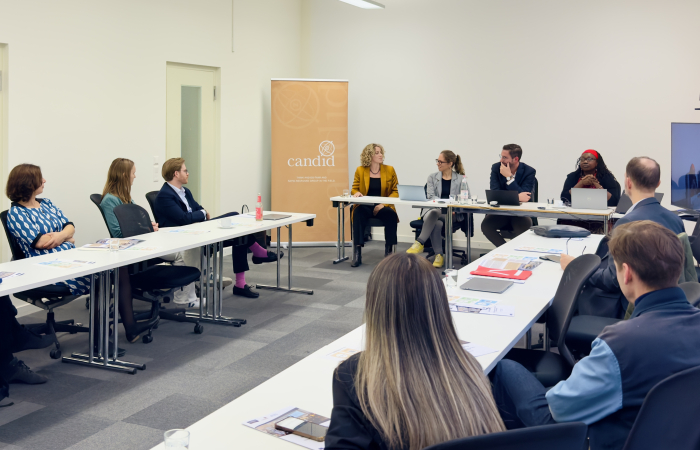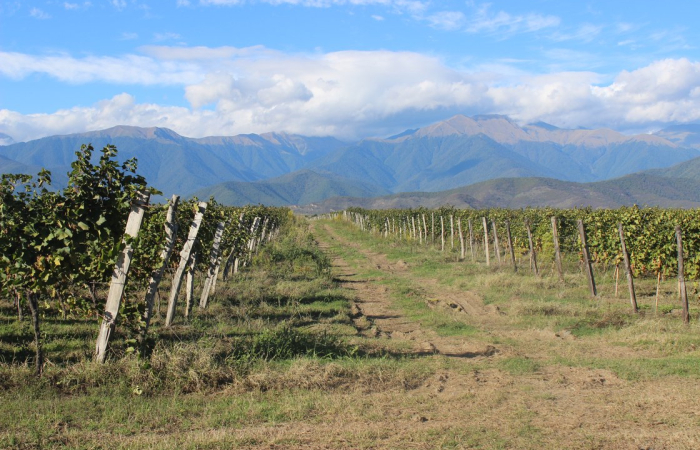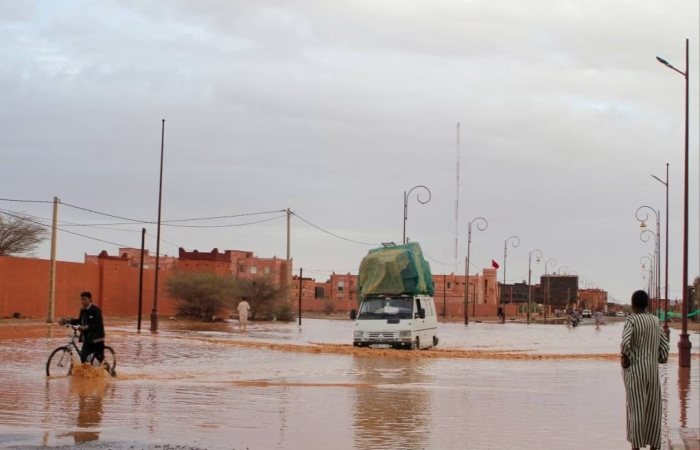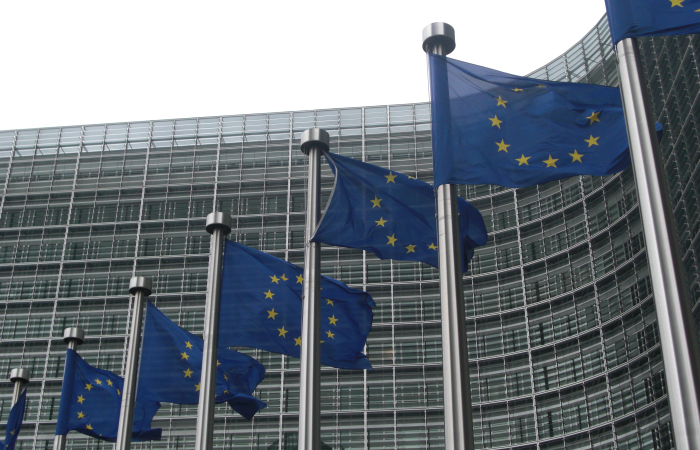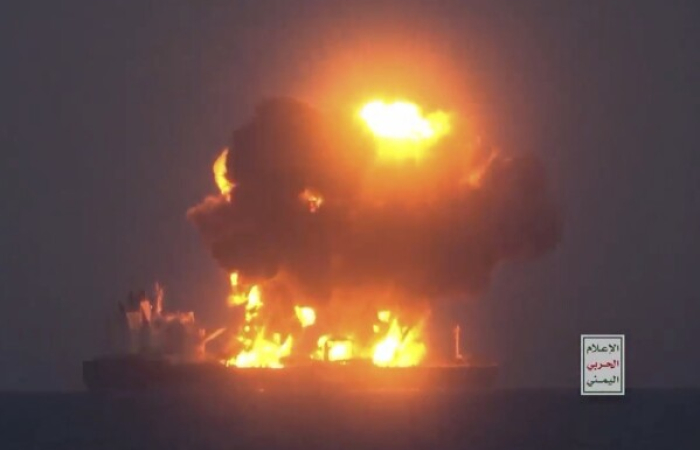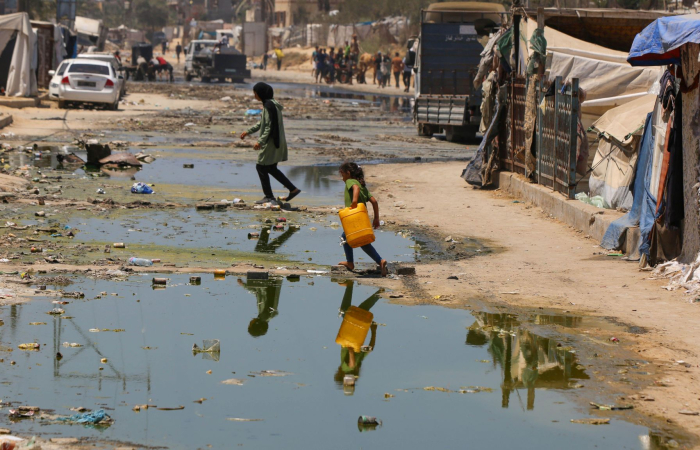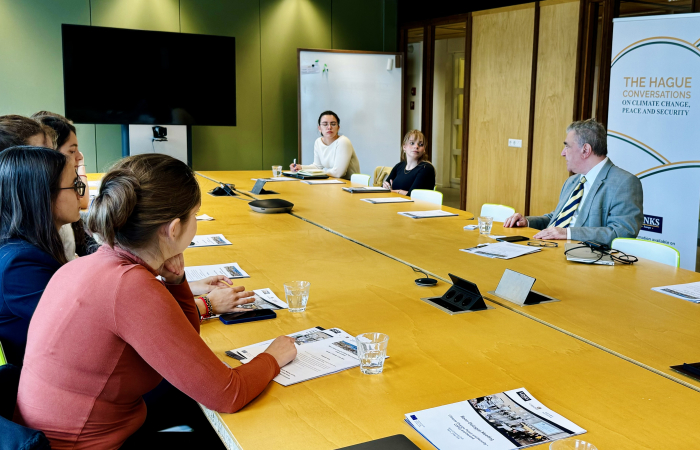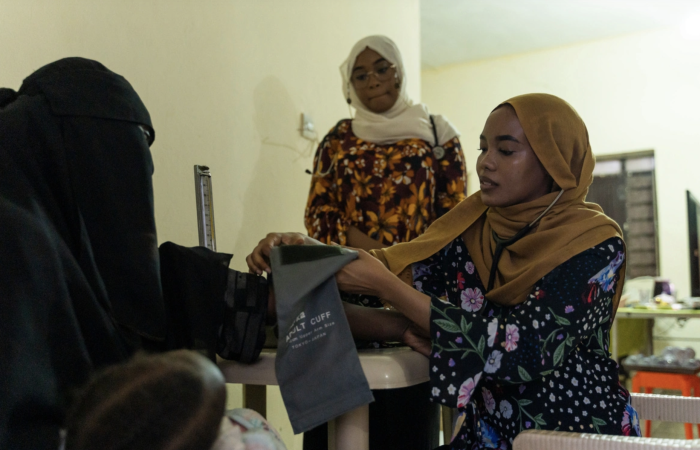Editor's choice
This is a members’ functionality. Please
Sign upMonday Commentary
Trending
The world needs a new narrative
9 June 2025
A wave of right-wing sentiment is gripping the world, not least in Europe where right-wing parties that until yesterday were considered to be on the fringe of the political spectrum, are now knocking on the doors of government, if they are not in government already. It is no longer possible to dismiss this movement, nor to ignore it. The question needs to be asked why people are flocking to these parties. Migration is often cited as a reason, but whilst a factor, on its own this is not an adequate explanation.
Thousands of people, who until recently voted for the centre-left, or centre-right parties – in Europe usually associated with Social Democrats and Christian Democrats – are now supporting parties, some of who have a pedigree in fascism and nazism. Yet many who vote for far-right and populist parties are neither fascists nor nazis. They are mostly decent working people, and their families, who are disillusioned by the political class, often described as the political elite, and are in desperation seeking something different.



